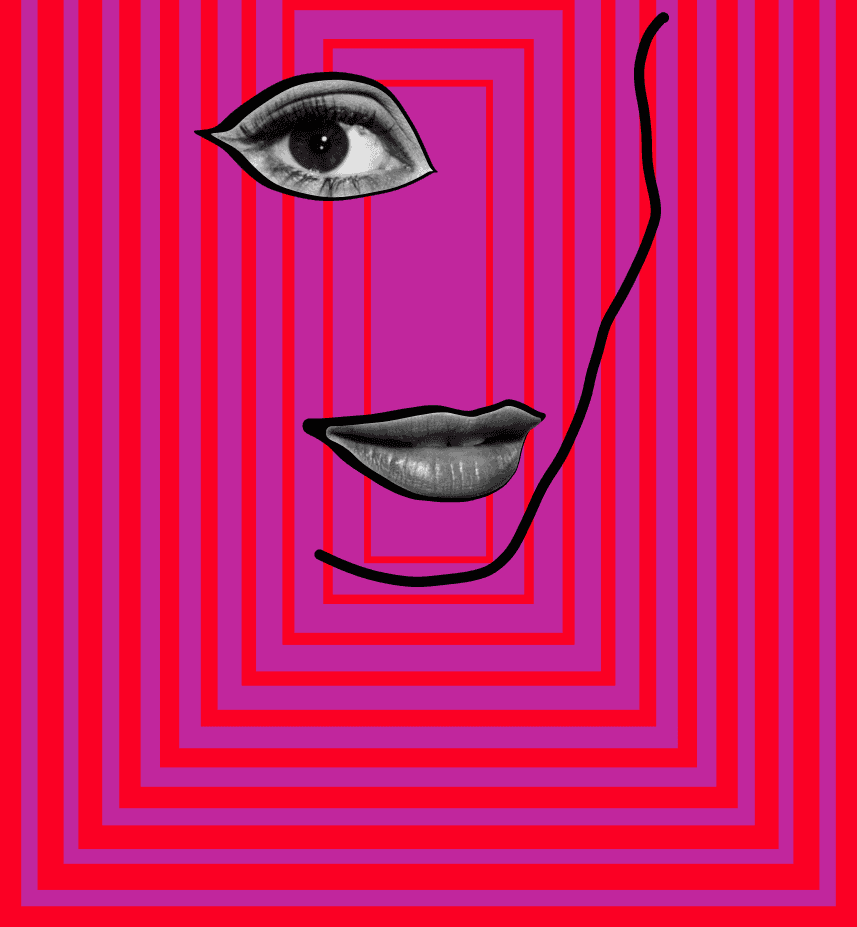“An apocalyptic premonition”: an interview with the team behind Lip Service
1970s Soho will descend on the Arts Centre in Week 4 as student-written show Lip Service inaugurates the Arts Centre’s newly reopened Studio theatre.
Masters student Tom George started writing the play in his first year at Warwick and has seen it undergo many transformations since then. “Going back to my first drafts, I see a younger version of myself clueless about certain themes; more brash, if not quite siding with the male characters then certainly enjoying the atmosphere. Writing it again, I find myself more repulsed by this world I had created. My worldview has changed since being at Warwick and that has fed into how I’ve written the script.”
“My worldview has changed since being at Warwick and that has fed into how I’ve written the script”
The world George speaks of is a nightclub in Soho in 1977. Three men run the club; two women working there are secretly sex workers. When a career criminal Mr Franks contacts them informing them to take care of a mysterious visitor, “it all goes a bit wrong.”
Why this very particular time and place? “I wanted to look at the idea of the old Soho and how it slowly collapsed in on itself. It’s also a reaction to Martin McDonagh’s Hangmen, which is set in a pub with a boys’ club atmosphere. Two female characters are constantly shunted to the back and often made to be the butt of the banter without any sense of redemption.
“I wanted a location which was quintessentially Soho, a particular kind of Soho. I love Bob Hoskins and Michael Caine gangster films from that time and they were always set around Soho in a nightclub.
“I wanted a location which was quintessentially Soho, a particular kind of Soho”
“Nightclubs are a great example of a strange bubble, where people behave differently to how they would normally. It is a place of excess, of substance abuse, but it is all contained within this little world.”
Dillon Rix, playing “brute force” Beef, notes how the nightclub setting is “inherently related to class, and notions of status and power. The characters’ status has been predetermined, so how do they challenge and communicate with each other?
“There is desperation, the nation is in disarray. People are trying to be something they’re not in order to achieve something; it’s totally artificial.
“The nightclub is a microcosm of the excess of that period. It’s the final decade before we’re in a really different time period, it hasn’t quite hit yet. A club grasps that as an idea because it’s a free space.”
“There is desperation, the nation is in disarray”
Director Grace Lovegrove is enthusiastic about the opportunity to work within this specific period of history. “In terms of discourse, the period is really fascinating. You’re about to get Thatcherism, there’s huge socio-economic crisis, class riots, gender riots, race riots. England is in total disrepair and that’s what enables Thatcherism to come through.
“Examining the way that cultures work, the culture of exploitation that feels really dated, it feels like something new is about to punch through. Punk of course is a reaction to that crisis and we’ve tried to use that in our marketing.
“The culture is not quite sure what it is. It is almost an apocalyptic premonition; where do we go from now, what are we doing? We are now at a similar point of cultural crisis. We haven’t explicitly drawn those parallels but pursuing that as an angle is interesting.”
The whole team have evidently grounded their understanding of the play in a variety of cultural influences. Besides those already mentioned, George discusses Measure for Measure as a source: “It’s the idea of a problem play. You start with a set idea of what the characters are and over the course of the play your idea of them changes. Who you’re sympathetic with at the beginning is not the same as at the end.”
“We are now at a similar point of cultural crisis”
Lovegrove also calls Hanif Kureishi’s The Buddha of Suburbia the production team’s “secret text”: “It’s that humour and wit, but underpinned by a total feeling of being lost and cultural collapse – that’s what our vision is inspired by.”
She explains that this is a “really subtle play. What Tom’s really good at and what you often don’t get in student writing is good dialogue writing. The dialogue is so oblique, the meaning is so often implicit, that you could come away with lots of interpretations even about what happens.
“The lovely thing about Tom’s writing is that it’s really funny. But underneath you have this bleakness, apathy, of where do we go from here. All of these come together to make something quite complicated.”
With some “lush” 1970s music and décor, and a set that takes advantage of the Studio’s intimate space, Lip Service promises to be a fitting return of student theatre to the Arts Centre.
Lip Service is at the Warwick Arts Centre, Wednesday 24 – Saturday 27 October. You can buy tickets here.

Comments